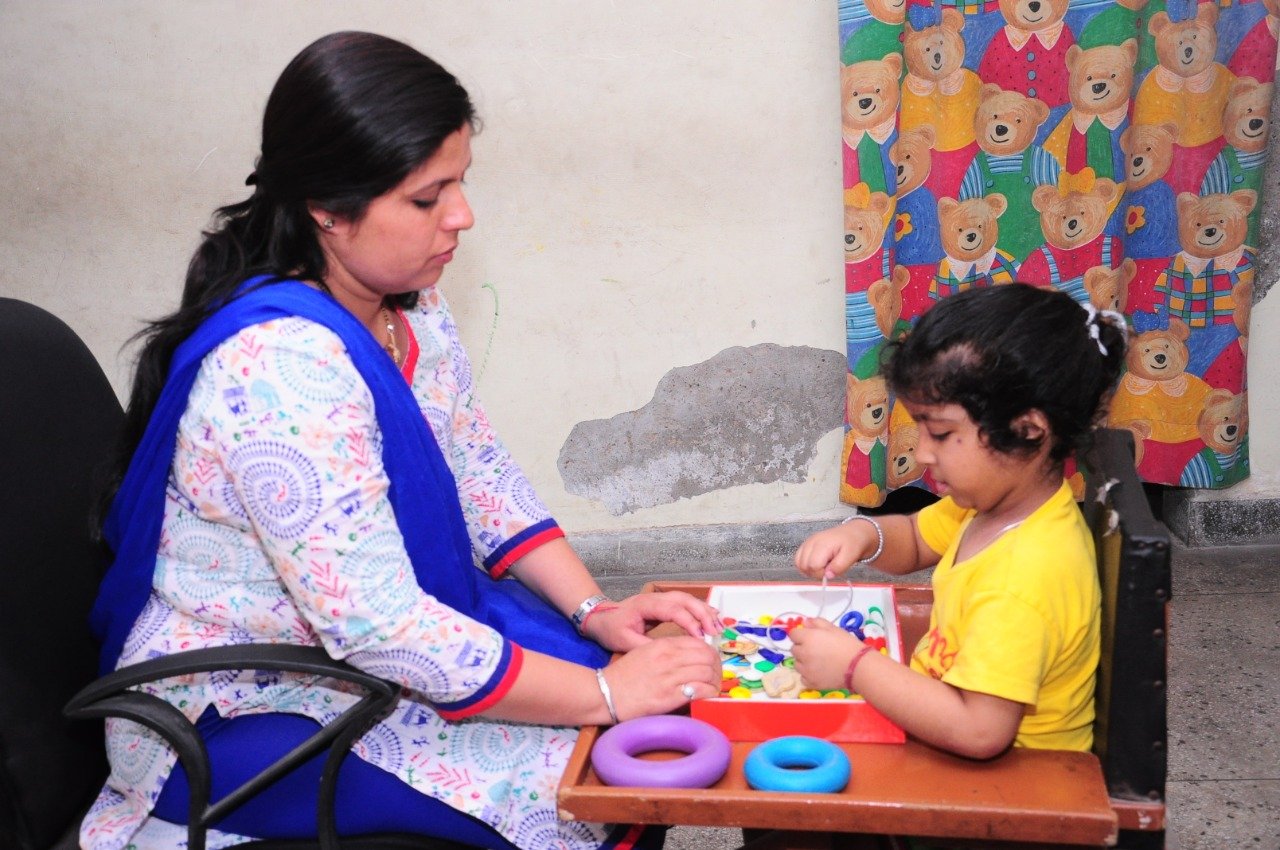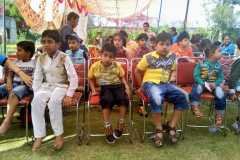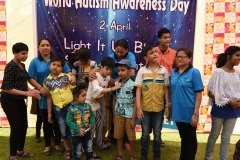
Diet Therapy
Many children and adults with autism suffer from gastrointestinal problems which often lead to aggression and other undesirable behaviors. These problems can be alleviated tremendously with scientific dietary changes. Residents in the Group Home follow the GFCF diet – i.e. a Gluten-Free, Casein- Free diet. The special ingredients used are quite costly, as they are available only in special stores. We have already achieved very good results with a combination of diet, behavior therapy and scheduling; flexibility is maintained depending on the need of, and improvements shown, by the individual.
The Top Diets For Children With Special Needs
Diet is an area that is relatively easy to change for parents . Sometimes the diet needs to be changed due to allergies or celiac disease, and sometimes the family chooses a new diet to improve overall health.
The following is a list of the top special needs diets in the world.
- Gluten-free diet
The gluten-free diet is a treatment for celiac disease, a disease of the digestive system caused by an immune response to gluten. Health problems such as rheumatoid arthritis. Gluten is a protein in wheat, rye, barley and triticale. It is also found in oats processed with wheat. - Gluten-Free Casein-Free Diet
The GFCF diet (also called the autism diet) requires the elimination of two types of protein from the human diet: gluten (found in wheat, rye, barley, and triticale) and casein (found in milk and dairy products). Behind this approach, it shows that certain autistic behaviors are caused by digestive problems, and these two proteins and harmful by-products are the most difficult to digest in the digestive tract. It should be noted that this diet is still controversial–randomized, placebo-controlled studies have mixed results. Although the diet has no harmful effects, a study found that the GFCF diet is as effective as a placebo in treating autism. In other words, it is invalid. - Specific Carbohydrate Diet
SCD was originally developed as another treatment for celiac disease, but is now also used to treat Crohn‘s disease, ulcerative colitis, and irritable bowel syndrome. These are common digestive problems in autism and other developmental disorders. These restrictions are much stricter than gluten-free and GFCF diets. SCD removes all grains, all lactose (sugar in milk and dairy products) and all sucrose (sugar in most other foods). What is allowed? Eggs, meat, fruits, vegetables, nuts and beans.







